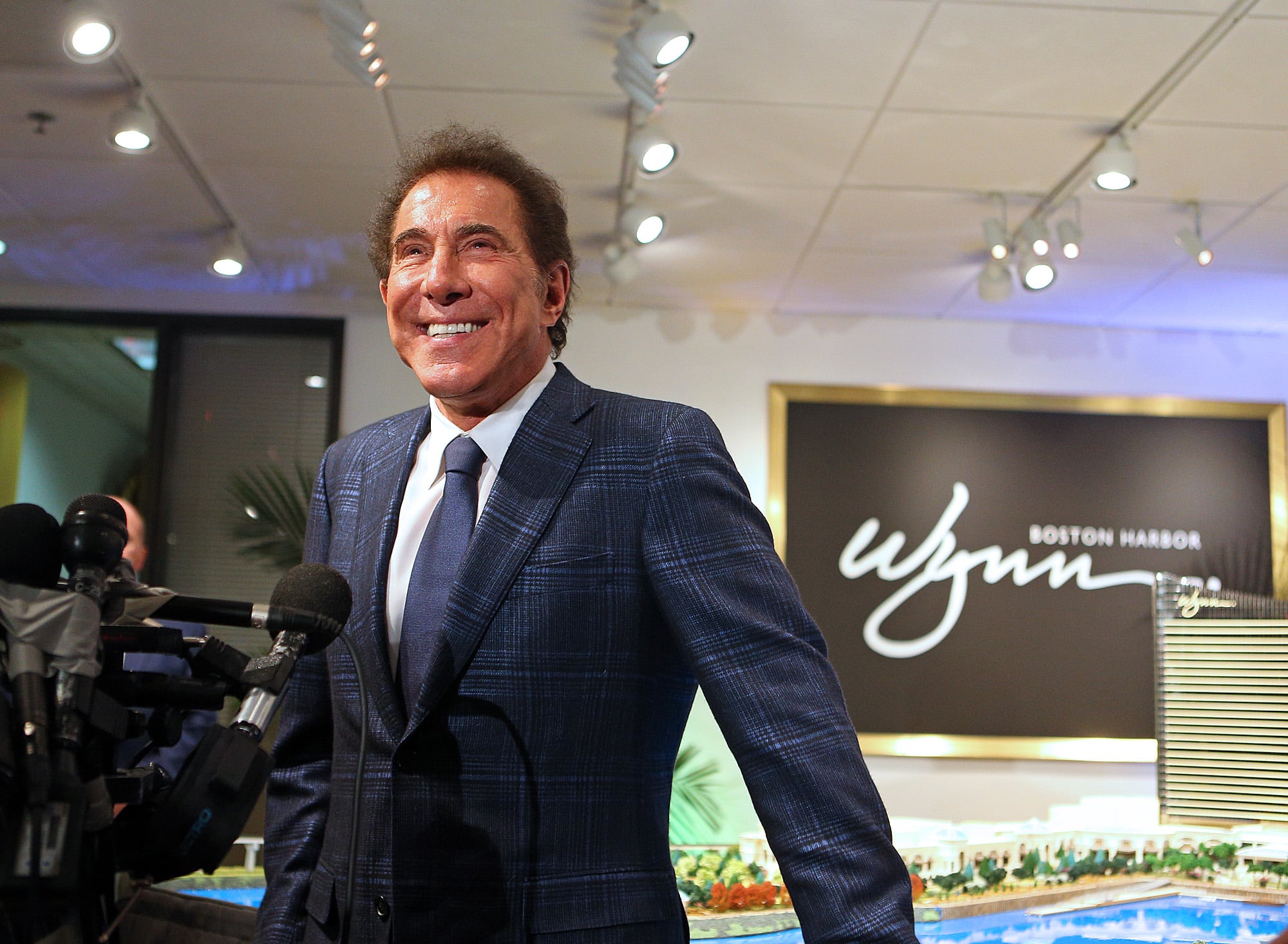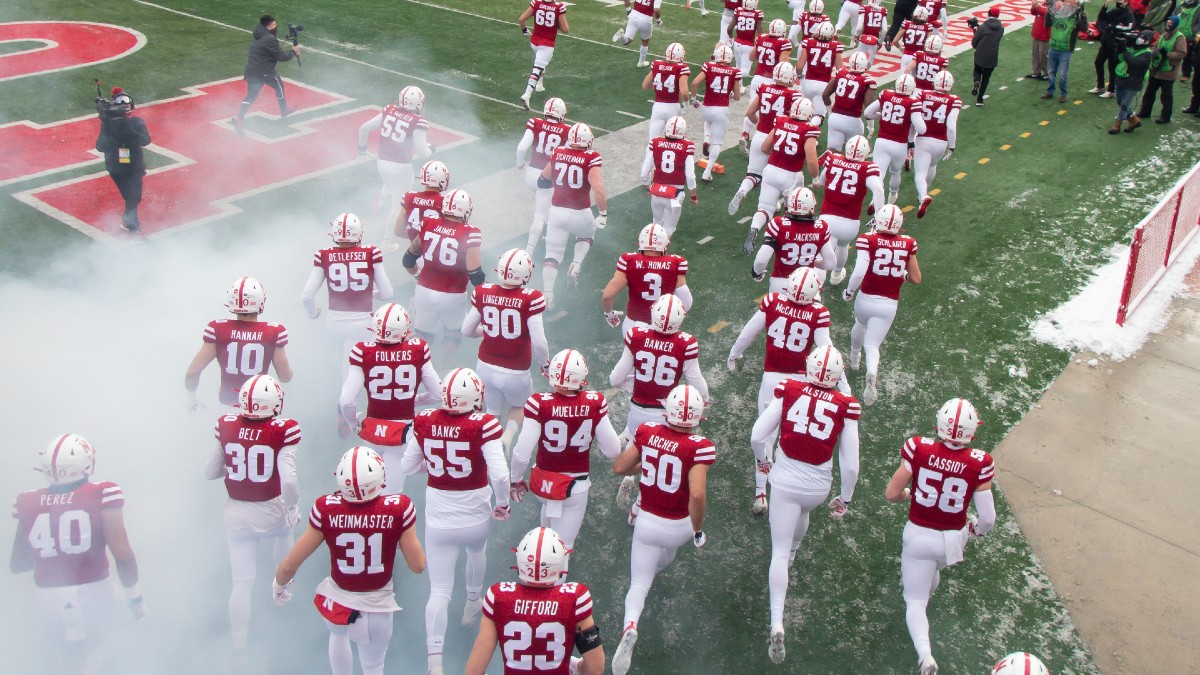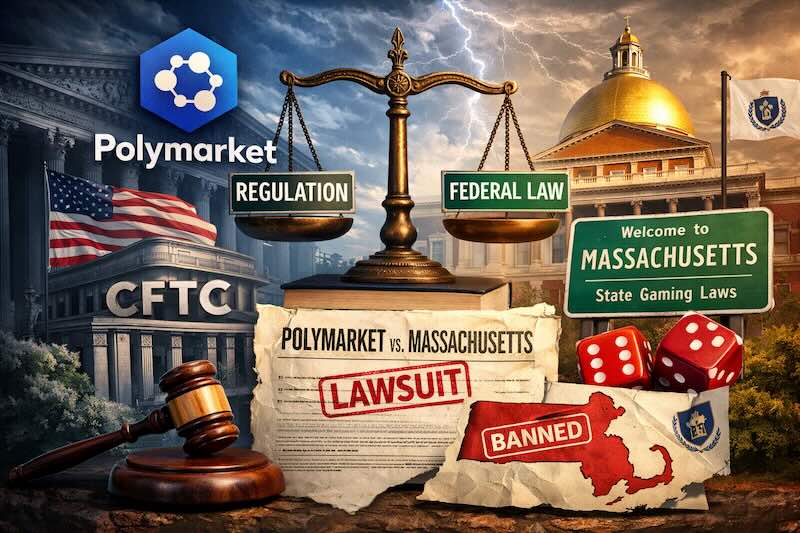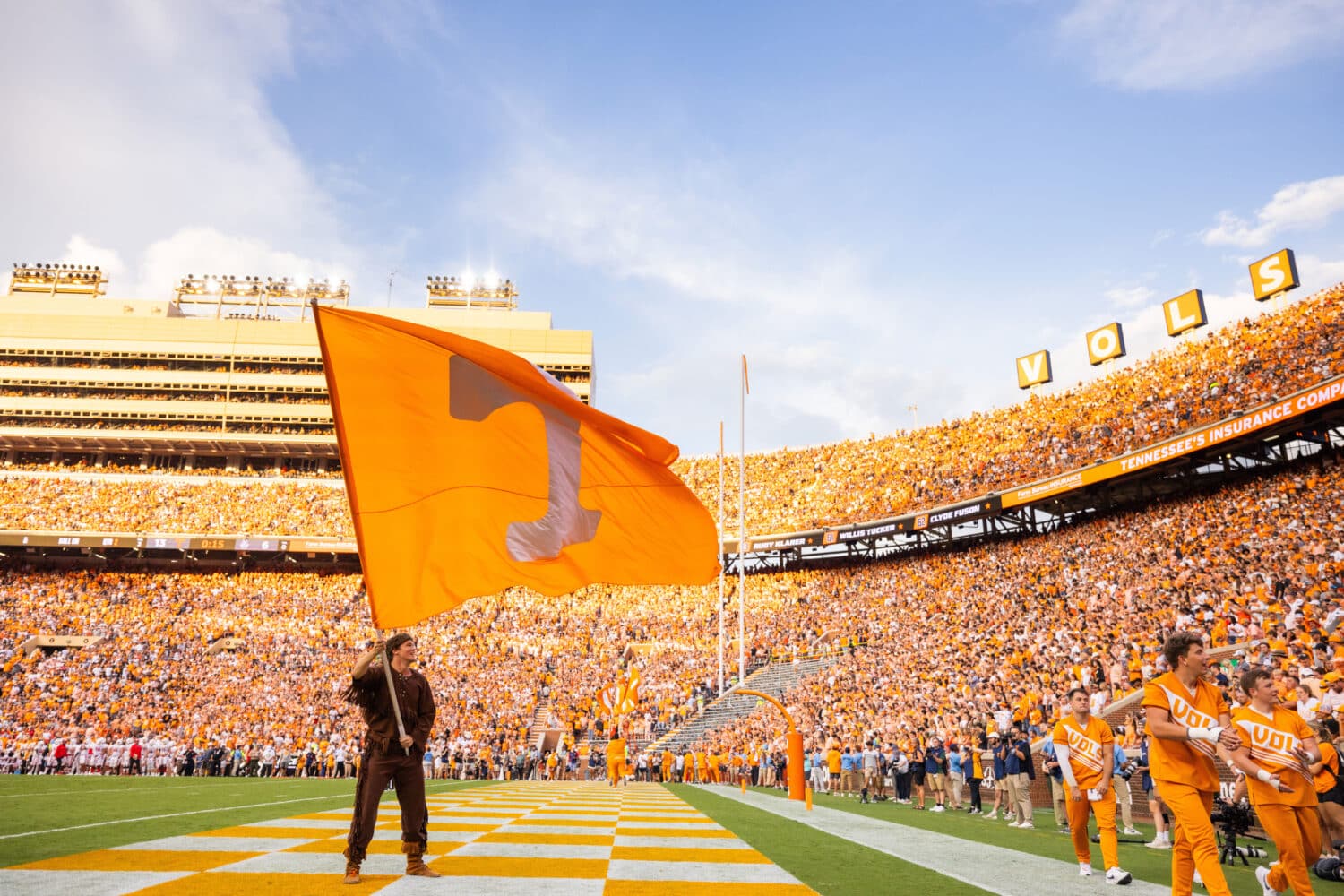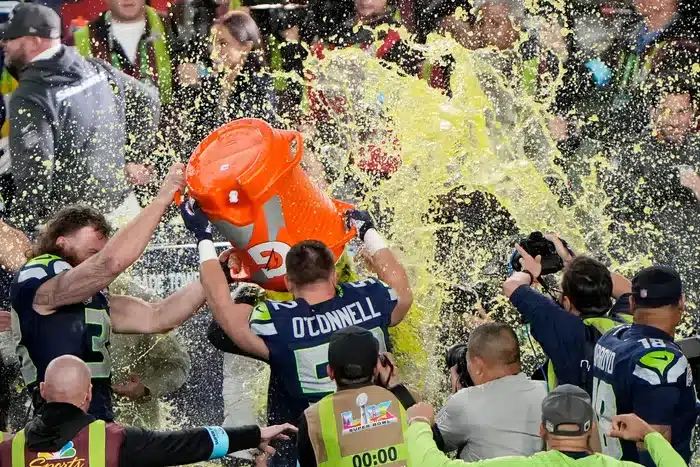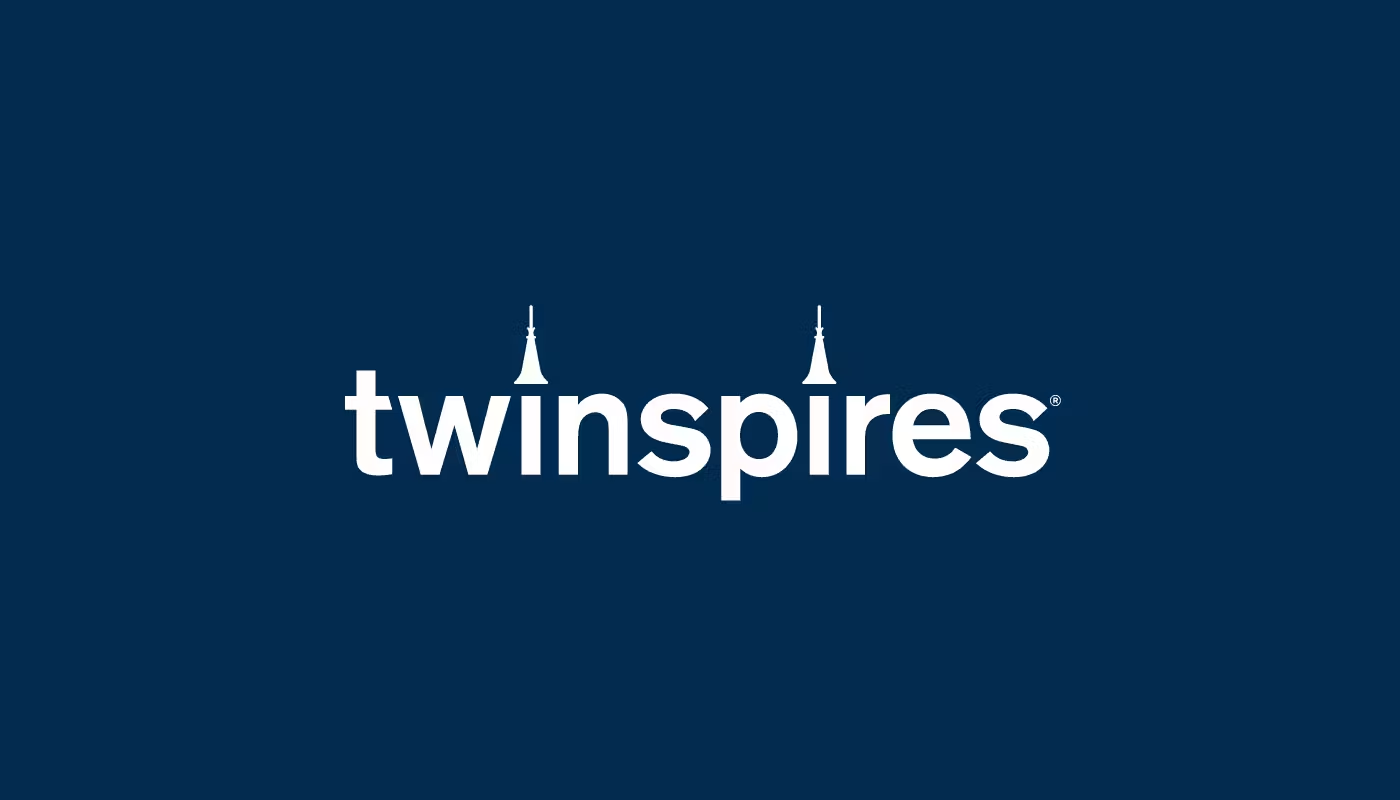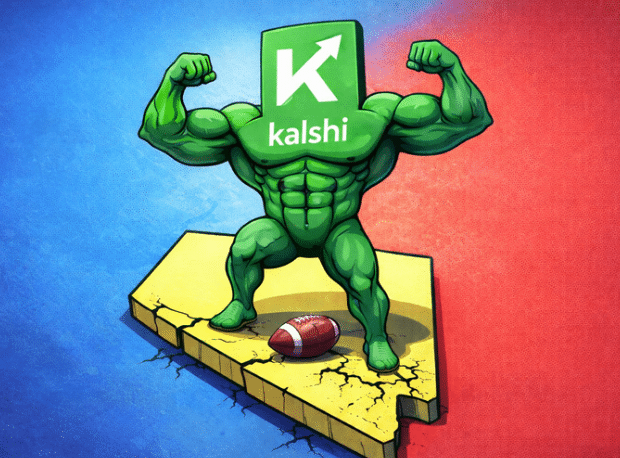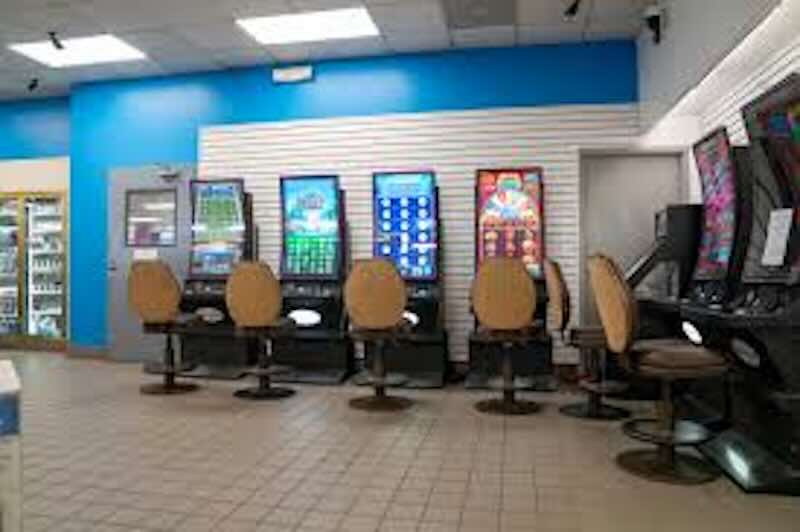
Sports betting monopolization and the case of DC
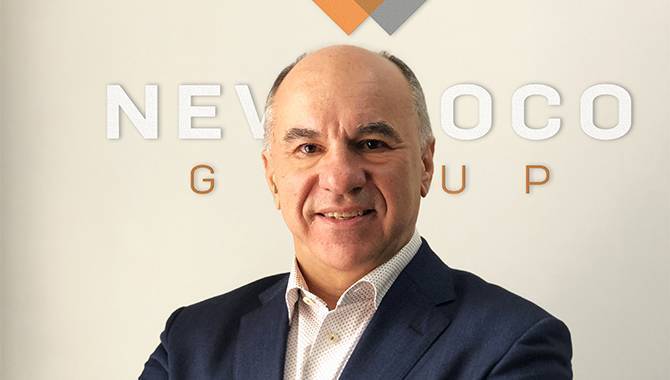
In 1903, American anti-monopolist Elizabeth Magie created a board game she hoped would reflect the economic inequality of the society in which she lived. The aim of the game was simple, to buy as much property and land as possible, subsequently stripping opponents of their finances through taxation and rent. That game has now sold hundreds of millions of copies worldwide, and its name is more synonymous with family arguments than political leftism, but it mirrors an important issue facing sports betting regulators in the US.
At the time of writing, 13 states have legalized sports betting. With more expected to follow this trend throughout the year, state regulators have many decisions to make in assessing what kind of market they want to create in their jurisdictions. One of these decisions, and potentially the most vital, is whether to create an open market or to allow for monopolization.
Although creating a state-run sports betting market with one licensed operator is the most direct form of monopolization, it is not the only way in which a market can be closed off to competition. Setting highly expensive entrance fees such as licensing and gaming taxes can create a situation in which only the most profitable operators can survive, while tethering licenses to physical casinos can also restrict the number of operators that can enter a market.
Speaking with Gaming America, Michele Ciavarella, CEO of Newgioco, says these monopolization methods range from “high levels of poor policy down to blatantly shameful behaviour that contradicts the nature of regulating the market.” These might seem like strong words, but Ciavarella knows more than most how monopolization can exclude some operators from getting a share in a market with high potential.
The District of Columbia passed a bill in Dec 2018 to legalize and regulate sports betting, and since then, the state has been on a long journey centred on a controversial deal for betting rights. In February last year, the DC Council awarded Intralot exclusive rights for mobile sports betting in Washington DC with a majority vote, despite three Council members expressing concern over the deal.
Intralot already operated its lottery within the state, and lottery officials were eager to skip a bidding process and work directly with the firm, arguing the supplier provided the “most expedient solution with the greatest return on investment.” It is a move that provoked not only negative reactions from a number of operators – DraftKings and FanDuel both condemned the deal in Washington Post columns – but also a lengthy court trial.
The deal was investigated by a Superior Court judge on allegations that the DC Lottery had unfairly favored Intralot in the bidding process. These claims did nothing to prevent the deal, however, and in July the Council voted to award lottery and sports betting operations to Intralot for the next five years in a deal reportedly worth $215m.
Undoubtedly, this was a disappointing result for other operators eyeing up the high potential of the market. One such company was Newgioco. Although it has since made a deal with Grand Central and Handle 19, two Washington sports bars aiming to offer sports betting in the state, Newgioco boss Ciavarella remains vocal about his opposition to the deal. He says he condemns the state lottery partnership, not for its suggested unlawfulness, but for a lack of education in its proponents.
“It is like saying that everyone ‘can drive’ a car in the state, but only one person is ‘allowed to drive,’” Ciavarella tells Gaming America. “It is not that the pathway of handing the oversight to the state lottery is incorrect, that’s fine in itself, but it is simply shameful to claim that a fair request for proposal has been conducted when the selection committee has no clue what they are selecting, have no experience of the dangers of the product; and have no understanding that permitting one operator to provide product, such as selecting one lottery platform for the state lottery, is not the proper process in the case of a sports bet.”
Ciavarella believes the DC Lottery committee responsible for proposing the extension to Intralot’s partnership incorrectly dealt with sports betting in the same way it would a lottery or casino product. He argues sports betting requires a higher level of skill from the operator, to manage risks while offering competitive odds. “Without competition,” Ciavarella explains, “the playing field and fairness to the consumer is vacated, and thus the sports bet is no longer a sports bet but rather a casino product where the possibilities are tilted in the favour of the monopoly operators.”
With that in mind, what could be the dangers inherent in allowing one operator complete and exclusive autonomy over a jurisdiction’s sports betting market?
If there is no competition to force an operator to create attractive prices for a customer, this could lead a bookmaker to provide unfair prices – a situation with two potential results. Firstly, the operator could fail to attract potential sports bettors into the market, with revenue failing to reach its potential as a result. Secondly, sports bettors may prefer to bet with underground bookmakers who provide better pricing, putting the player at risk with an unregulated operator.
On the other side of the fence is Chris Sfatos, Group Deputy CEO of Intralot. Speaking with Gambling Insider late last year, Sfatos described the reasons for the deal as “quite simple,” explaining that it was more about the lottery not wanting to take the risk of migration to new technologies when it could just continue with its existing supplier. He believes the attention generated by the deal was more a matter of politics than anything else, and proposed the $500m in state revenue driven by Intralot over the past decade as the logical reason for the DC Lottery’s choice.
Regardless of the reason for enacting such a deal, its effect on the state’s gaming revenue will only show in time; however, European markets can provide an effective comparison.
On 1 January 2019, Sweden re-regulated its gambling market, ending the monopoly of Svenska Spel as its sole gaming operator. Since then, levels of gambling participation have actually fallen. In a Swedish Gambling Authority (SGA) study, 60% of Swedes reported they had gambled for money in 2019, in comparison with 66% in 2018 when the monopoly was in place. It has also been a difficult period of transition for licensed operators, with many blaming poor full year results on a turbulent Swedish market and the failure of channelization. All of this suggests that without effective legislation, an open market might not perform as well as expected.
On the other hand, the UK is an example of an open market in which legislation has historically worked correctly and efficiently, allowing a market to reach its potential for growth. Despite a 0.3% decrease year-on-year, Britain’s Gross Gambling Yield (GGY) was £14.4bn ($18.6bn) from Apr 2018 to Mar 2019. The market’s European dominance is unquestionable, and in 2018, the UK market accounted for the largest portion of the total European online gambling market, according to figures released by the European Gaming and Betting Association.
Ultimately, a state must make an informed decision as to whether it is going to open its market up to all. As Ciavarella says, while sports betting is from the same family as lottery and casino gambling, it is an entirely different beast. This can’t be ignored when assessing what is best for a state’s sports betting future. However, it is also important to note that whatever shape a market takes, effective and clear legislation can be the most vital driver towards success.
Explore Our Trusted Gambling Resources
Discover essential guides to casino sites, betting platforms, and crypto casinos – updated for 2026.
- Top Rated Gambling Sites for February 2026
- Top Online Casinos in the US
- Top 10 Betting Sites Ranked
- Crypto Casinos
- Offshore Casinos
- Leading Canadian Casino Sites for February 2026
Tags/Keywords
Players trust our reporting due to our commitment to unbiased and professional evaluations of the iGaming sector. We track hundreds of platforms and industry updates daily to ensure our news feed and leaderboards reflect the most recent market shifts. With nearly two decades of experience within iGaming, our team provides a wealth of expert knowledge. This long-standing expertise enables us to deliver thorough, reliable news and guidance to our readers.
